Our recent past
History tells us what happened in the past. There are many ways to find out about the past. We can read diaries and books, and look at old photos. We can also find out about the recent past by asking our parents and grandparents about their lives. In this unit we are going to find out about how people lived in the recent past.
Esta secuencia contiene:
-
8 actividades
-
35 recursos
-
Idioma:
- Inglés
-
Formato:
Interactivo
Secuencia didáctica
-
History tells us what happened in the past. There are many ways to find out about the past. We can read diaries and books, and look at old photos. [...]
-
Houses did not have electricity Clara's great-grandfather lived in a village when he was young. Great-grandfather David's house did not have electricity. People used oil lamps or candles to light their houses. [...]
-
School was a privilege When David was young, not everybody could go to school. School was a privilege. Most boys and girls left school when they were only 10 or 12 years old. At school, children learned to read and write, and do maths. [...]
-
Streets, buildingd and plats When great-grandfather David got married, he went to live in the city. In 1946, Clara's grandfather Eloy was born. [...]
-
Betty's neighbourhood Clara's grandparents lived in the city. In 1974, Betty, Clara's mother, was born. The city was much bigger. A lot of families had moved from the villages to the city. [...]
-
History tells us what happened in the past. There are many ways to find out about the past. We can read diaries and books, and look at old photos. [...]
-
Play games from the past What do we do? Ask your grandparents about the games they played when they were children. Use the table below as a model. Write a description of one of the games. Explain your game to your classmates. [...]
-
History tells us what happened in the past. There are many ways to find out about the past. We can read diaries and books, and look at old photos. [...]
Cursos y asignaturas
-
9 años:
- Sociología
- Biología
-
10 años:
- Sociología
- Biología
-
Aún no hay comentarios, ¡comparte tu opinión! Inicia sesión o Únete a Tiching para poder comentar
La licencia digital es una autorización que permite utilizar un recurso digital de acuerdo con las condiciones legales de dicho recurso. El código que recibas una vez la hayas comprado te permitirá acceder al recurso educativo digital elegido.
Puedes consultar más información en nuestra página de ayuda.

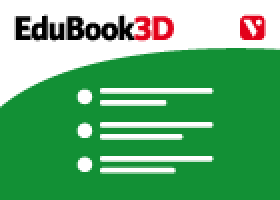
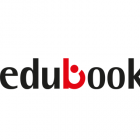
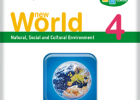
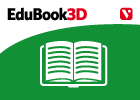
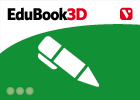
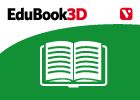
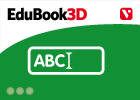
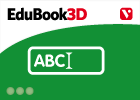
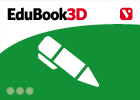
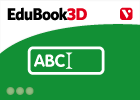

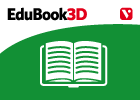
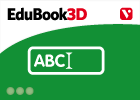
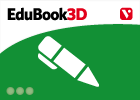
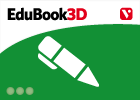
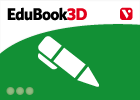
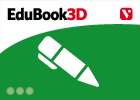
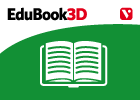
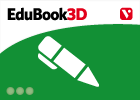
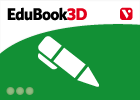
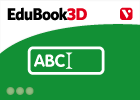
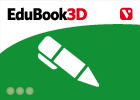
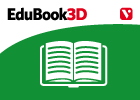
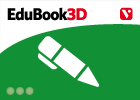
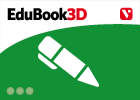
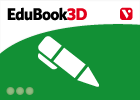
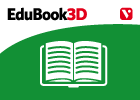
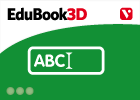
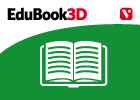
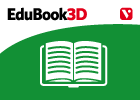
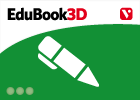
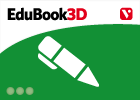
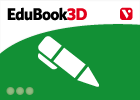
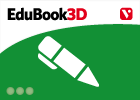
![These photos show a classroom from the past and a classroom today. [...] | Recurso educativo 526047](http://cl.tiching.com/uploads/contents/2014/05/19/526047_1400529565_s.png)
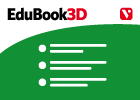
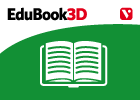
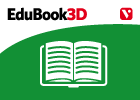
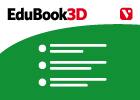


¿Dónde quieres compartirlo?
¿Quieres copiar el enlace?